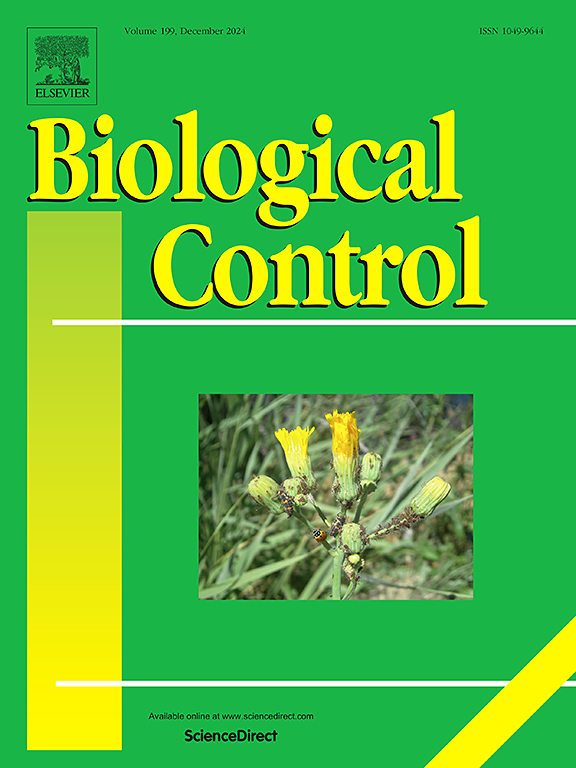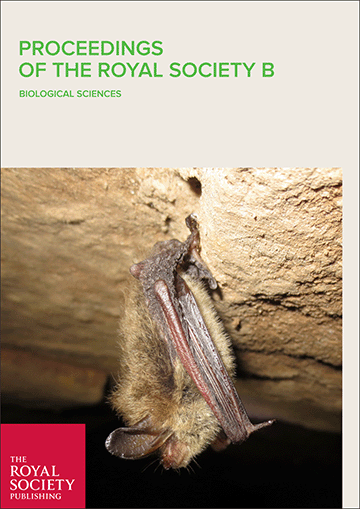With Zambia’s economy long struggling under external debts, Chinese investments have made a valuable contribution to Zambia’s economic recovery. Most significantly, capital injections in the mining sector have led to a rehabilitation of dilapidated mining infrastructure, while enhancing the country’s production capacity through the construction of new processing facilities and the development of greenfield mines. These investments have proven to be more stable and less subject to commodity price fluctuations than their Western counterparts. Moreover, while Chinese investors are widely criticized for their poor corporate performance, on most labor-related and environmental dimensions, Chinese mines perform on-par with industry averages. Chinese investors do appear more inclined to rely on close relations with the Zambian government and geographic clustering with other Chinese investors to forge a favorable and stable operating environment, which could adversely impact on their social responsiveness and government revenue generation. However, early evidence appears to contradict many of the long-held assumptions about Chinese economic and political participation in resource-rich countries.
Download:
DOI:
https://doi.org/10.17528/cifor/004486Altmetric score:
Dimensions Citation Count:
Publication year
2014
Authors
Schoneveld, G.C.; German, L.; Gumbo, D.
Language
English
Keywords
trade, mining, politics, industry
Geographic
China, Zambia
























